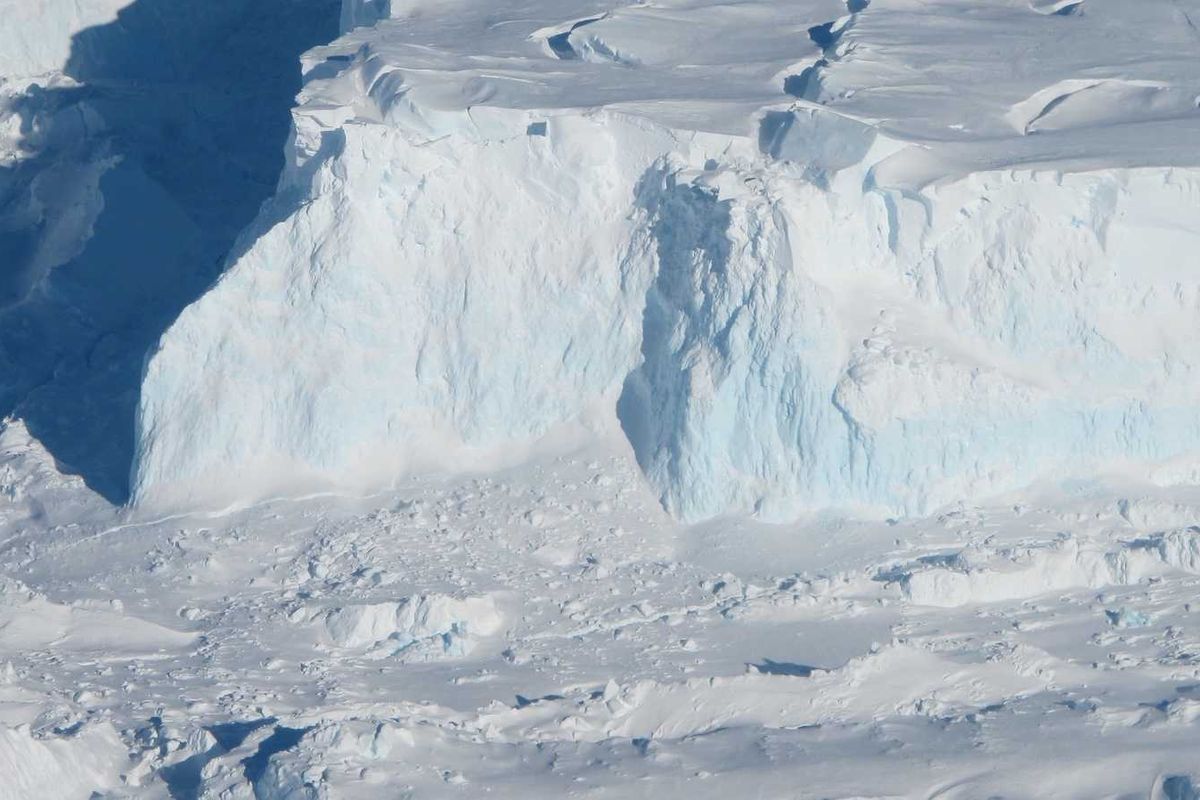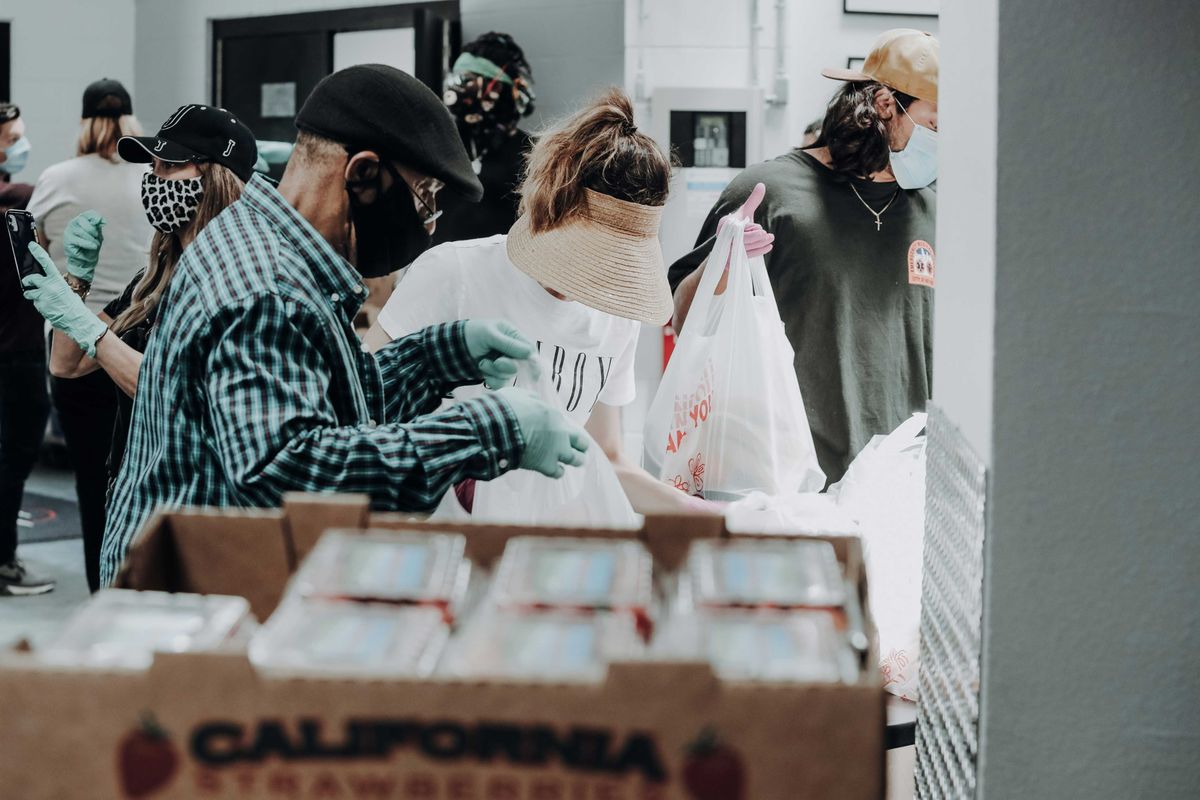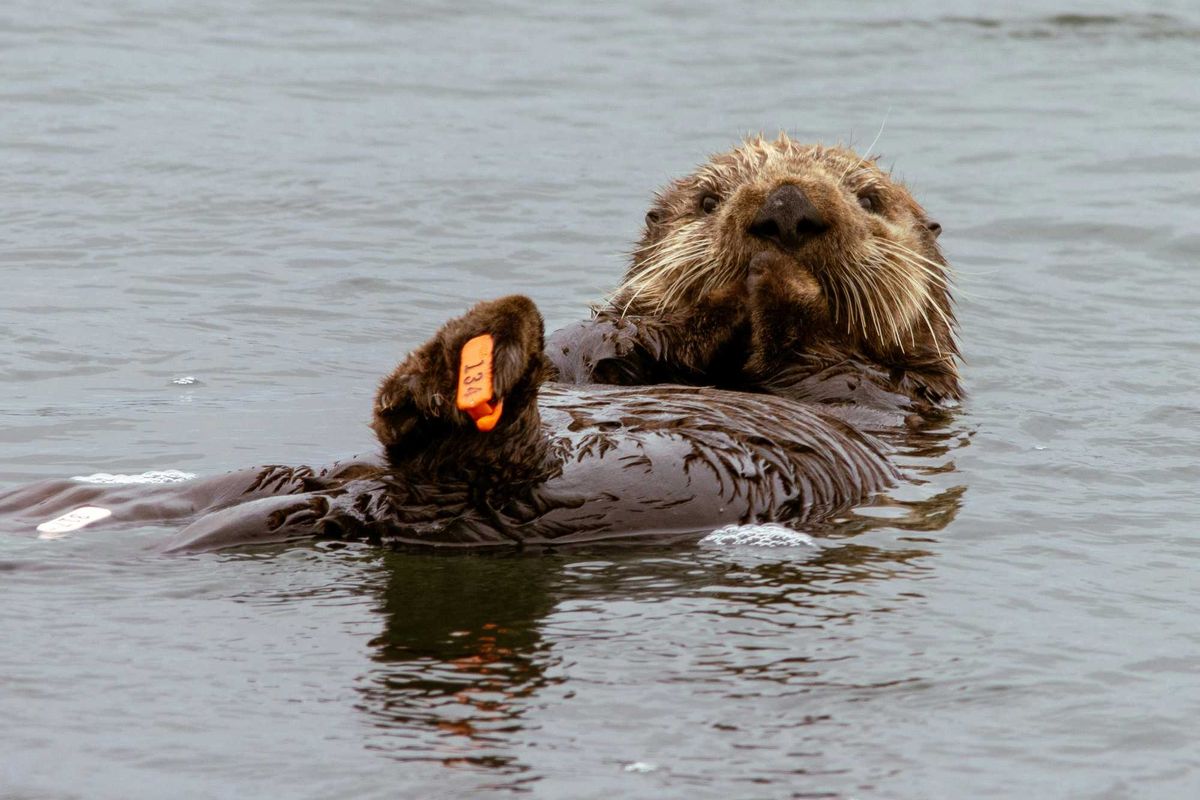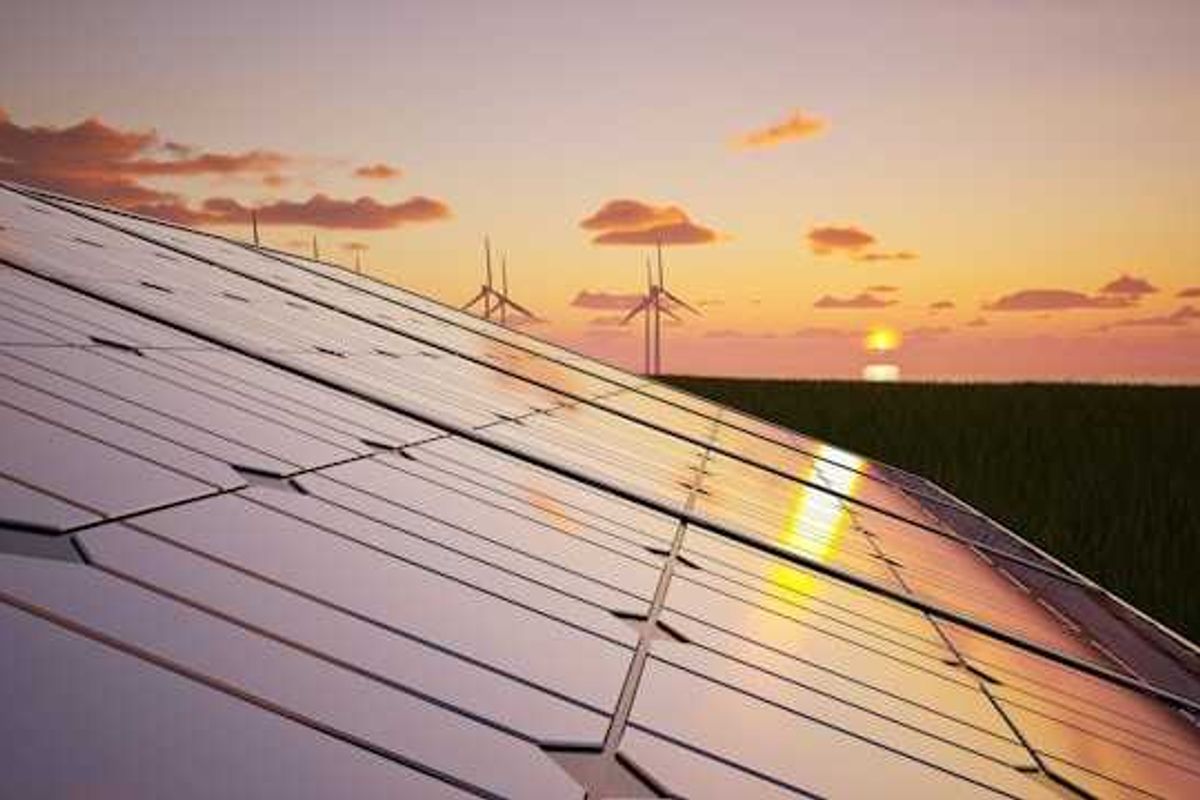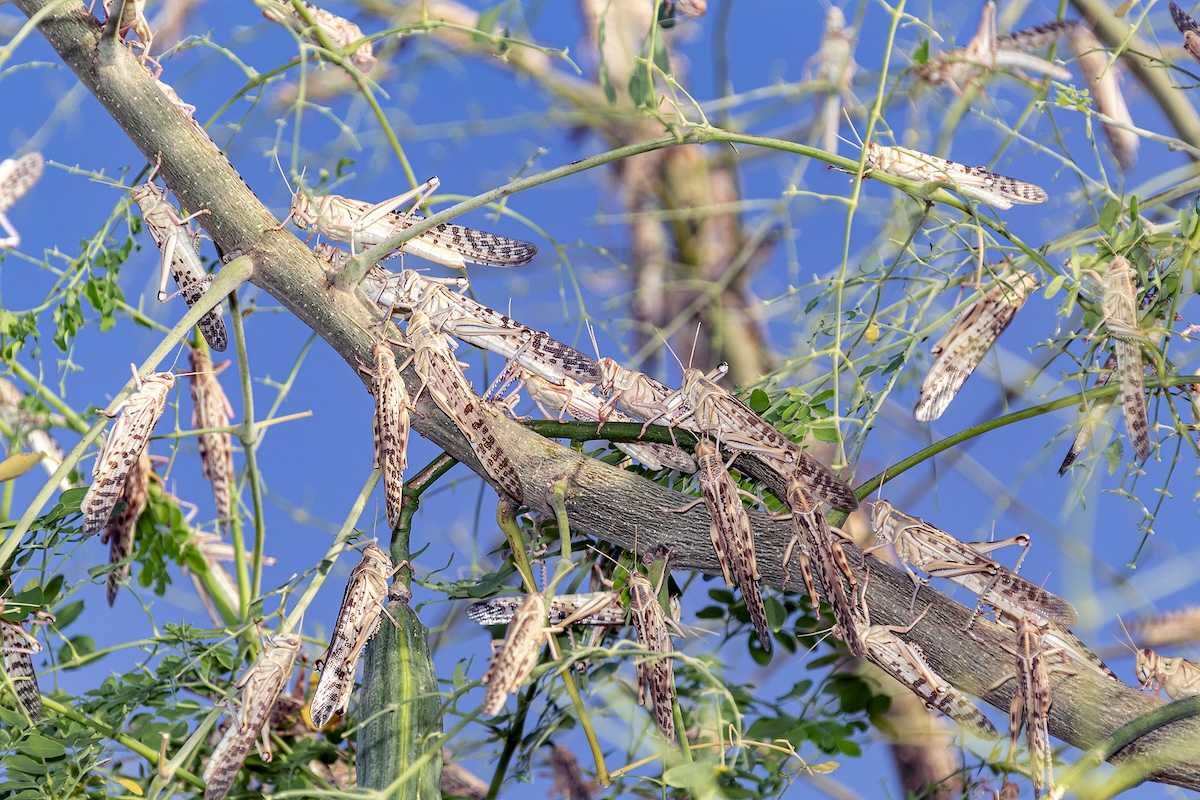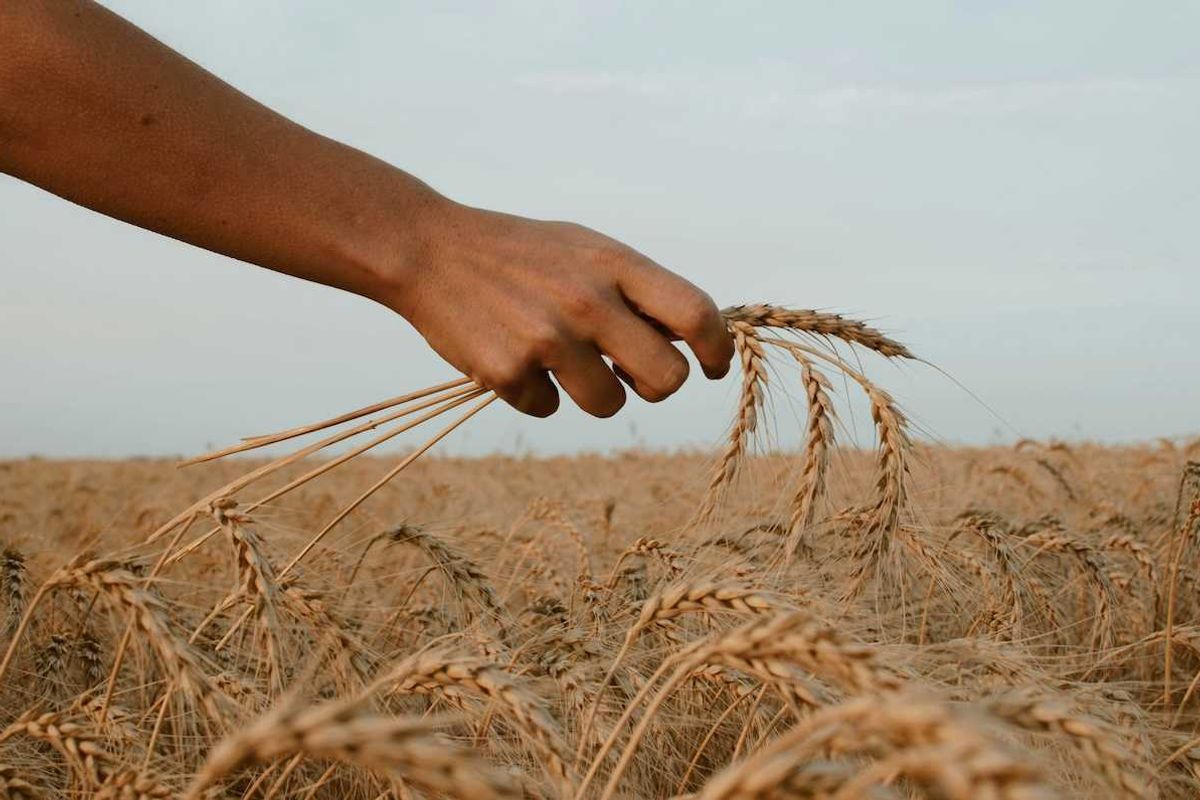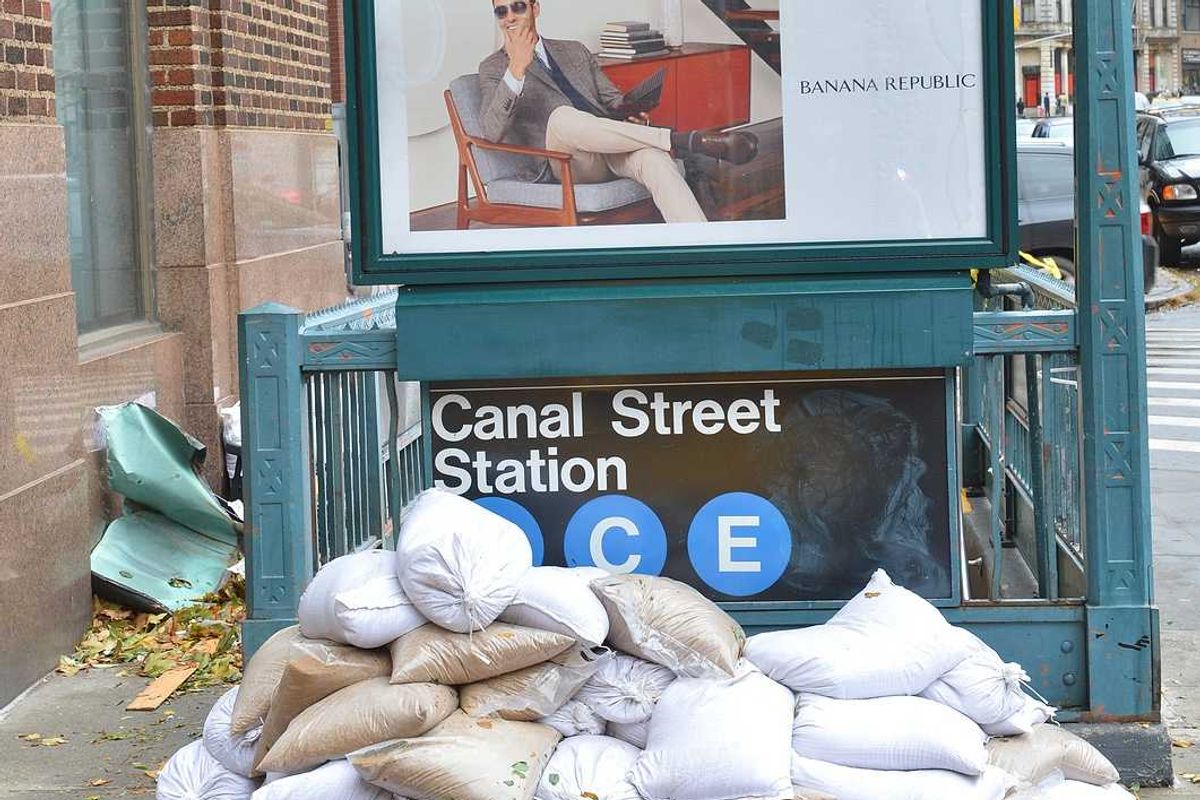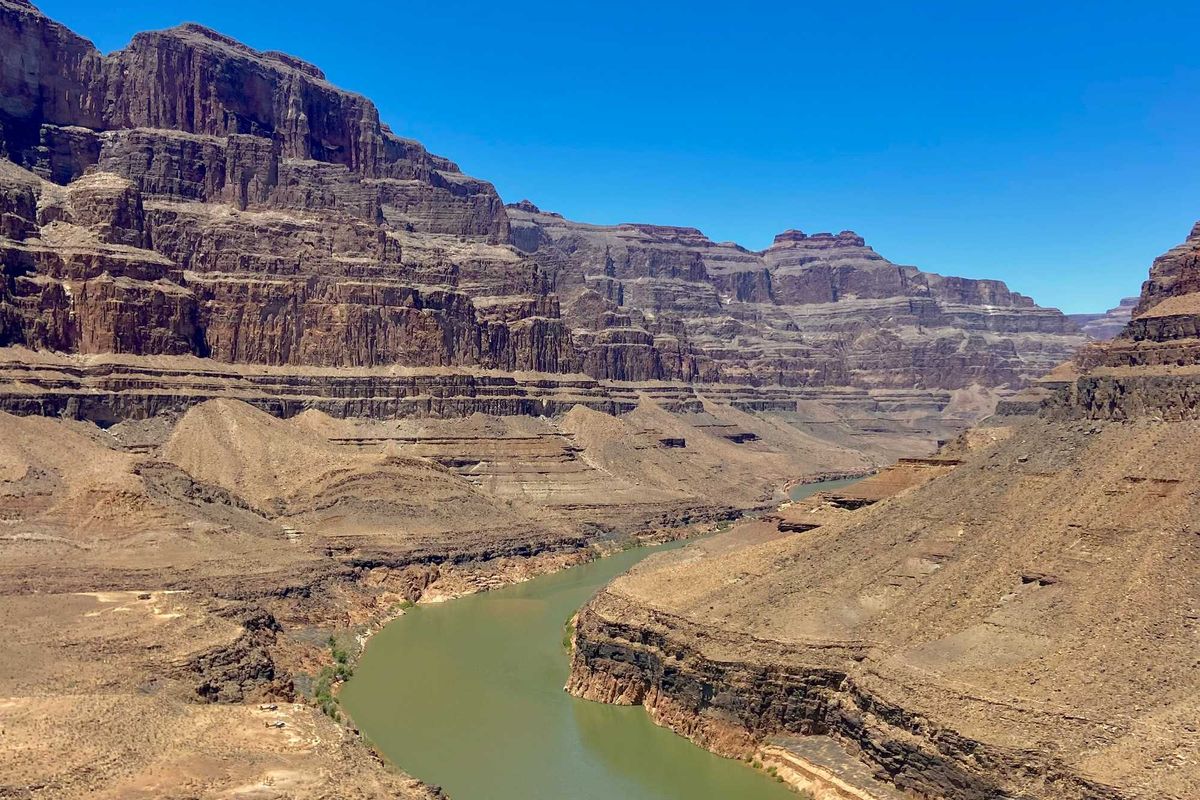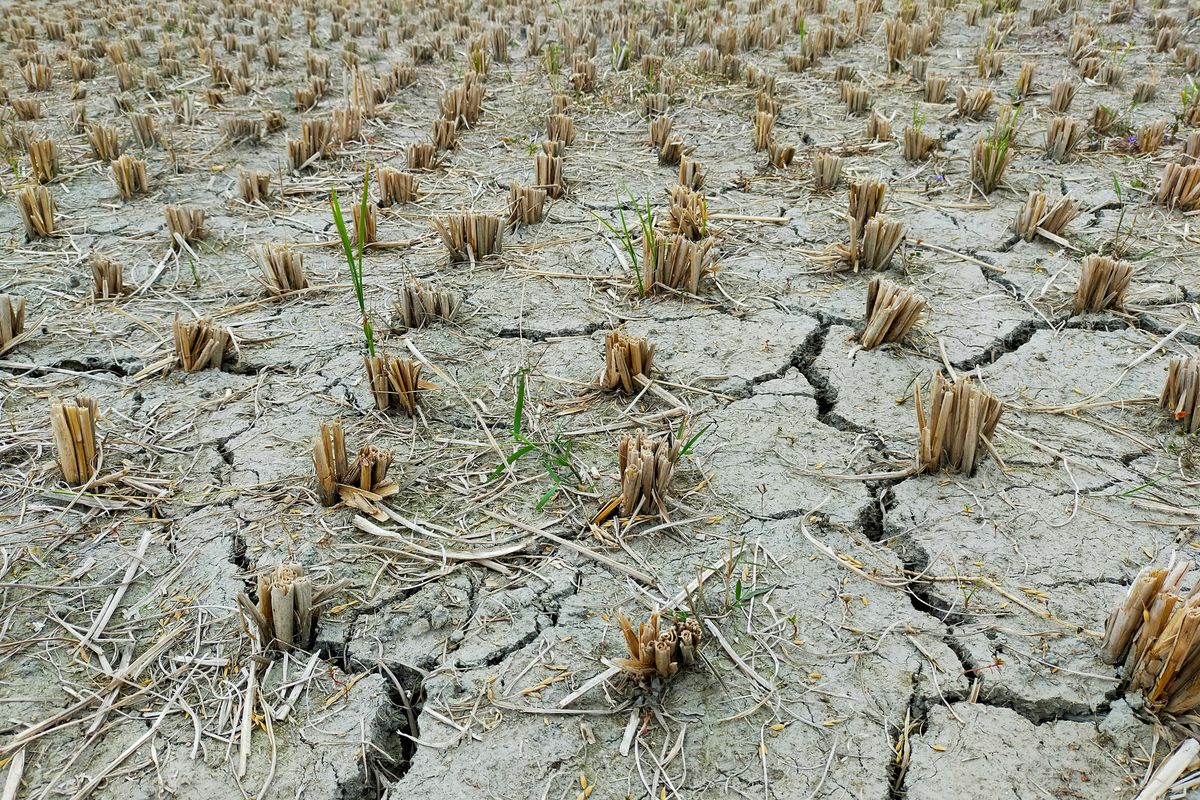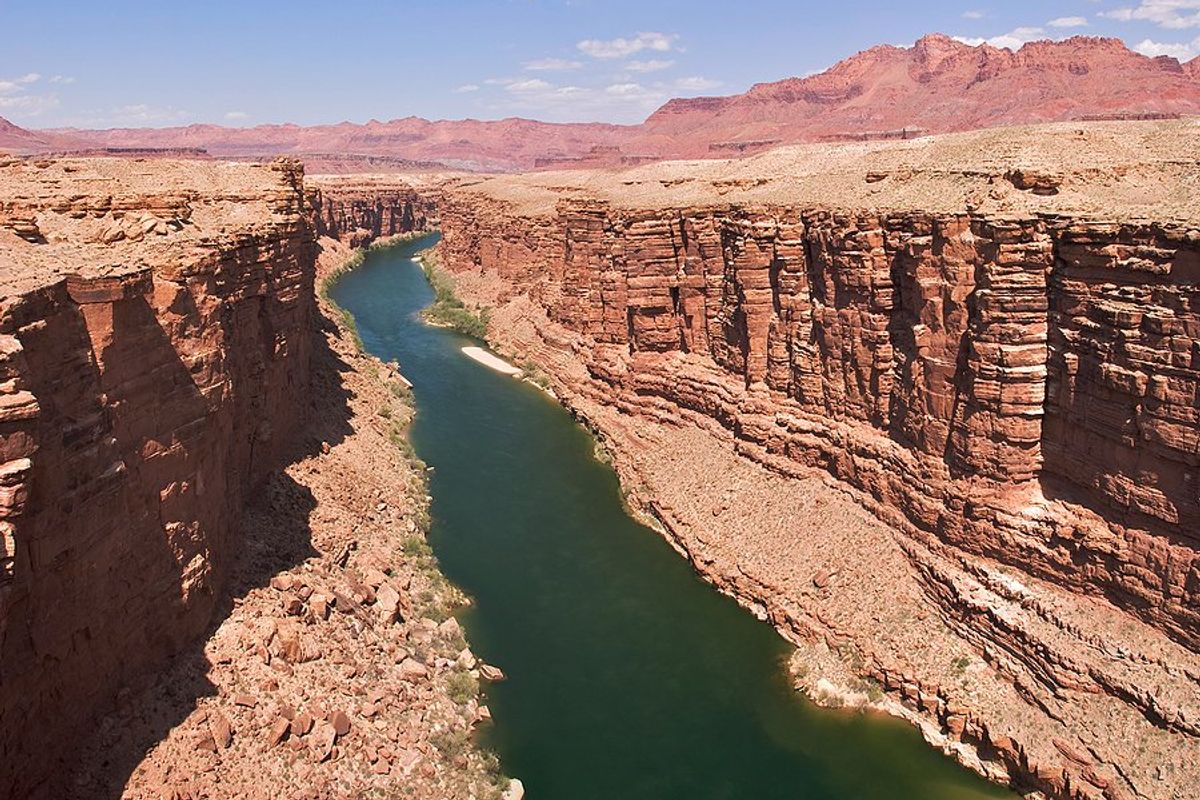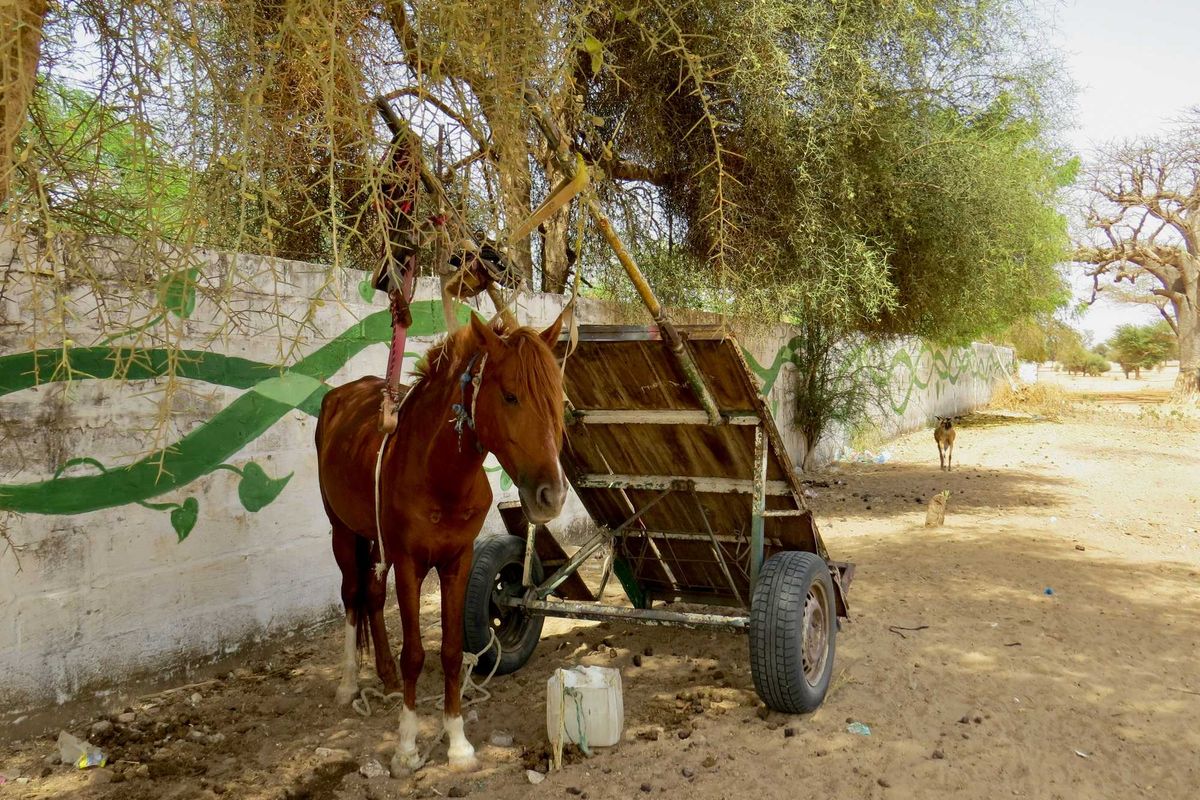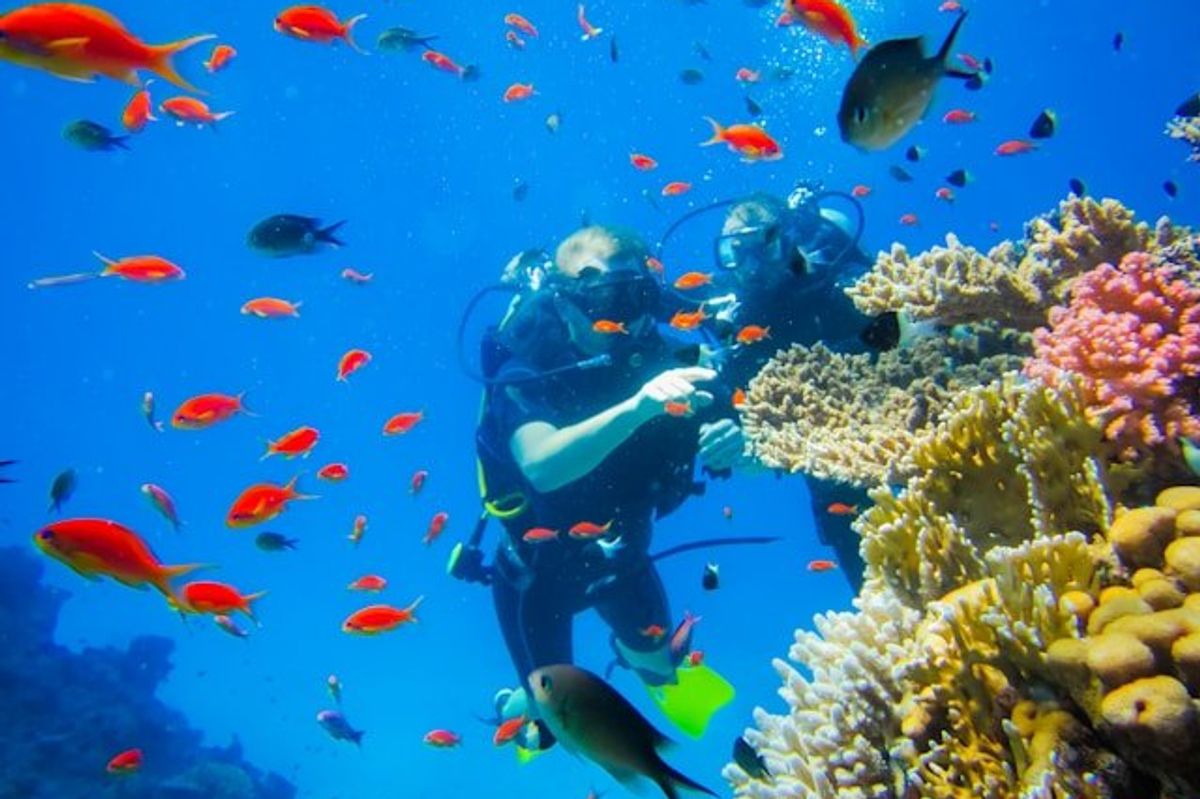An analysis of the expansion of cracks in the Thwaites Glacier over the past 20 years suggests that a total collapse could be only a matter of time.
Impacts
Researchers have warned of the unexpected consequences of extremely hot, humid conditions during pregnancy.
In ways subtle and extreme, the warming climate is hitting those with the least the hardest.
Southern sea otters living along California’s coast are struggling in warmer seas, with new threats and changing food sources. They, like the other two sea otter subspecies, are classified as endangered.
In a year shaped by Trump's return to the White House, the new administration touted "energy dominance" and protesters threw eggs at "swasticars."
Dozens of energy developers, experts and politicians say there were some highs amid a lot of lows in a roller coaster year for clean energy as President Donald Trump worked to boost polluting fuels while stymying wind and solar.
Angela Frederick's new book calls to put disability at the center of disaster planning.
Heating means pests breeding and spreading faster, warn scientists, with simplified current food system already vulnerable.
When intensifying marine heatwaves are coupled with pollution — especially sewage, nitrogen fertilizer agricultural runoff, wildfire soot and possibly plastics — waterborne bacterial pathogens can multiply, raising human health concerns.
Researchers noticed ‘dramatic’ changes in nutrients in crops, including drop in zinc and rise in lead.

Can Santa Claus survive in a melting world?
19 December
As climate change warms the planet, snowy winters are becoming less certain in Europe. Those looking for classic Christmas traditions are learning to adapt.
As the planet warms, subway systems around the world have struggled to cope with floods far beyond what they were originally designed to handle.
The lifeblood of the West is drying up — and scrambling state and local politics.
“It’s not politics. That’s what the data say,” said the study’s author, who examined 70 tide gauges around the country.
From floods to droughts, erratic weather patterns are affecting food security, with crop yields projected to fall if changes are not made.
Interior officials are losing their patience with states as the West’s most important river teeters on the brink of crisis.
Tension between farmers and herders has long been a fact of life in West Africa, but climate change is ramping it up.
In an underwater nursery just off the Dominican Republic coast, tiny corals born in a laboratory are slowly growing under the eye of conservationists.
Journalism that drives the discussion
Copyright © 2017 Environmental Health Sciences. All rights reserved.
Copyright © 2017 Environmental Health Sciences. All rights reserved.

